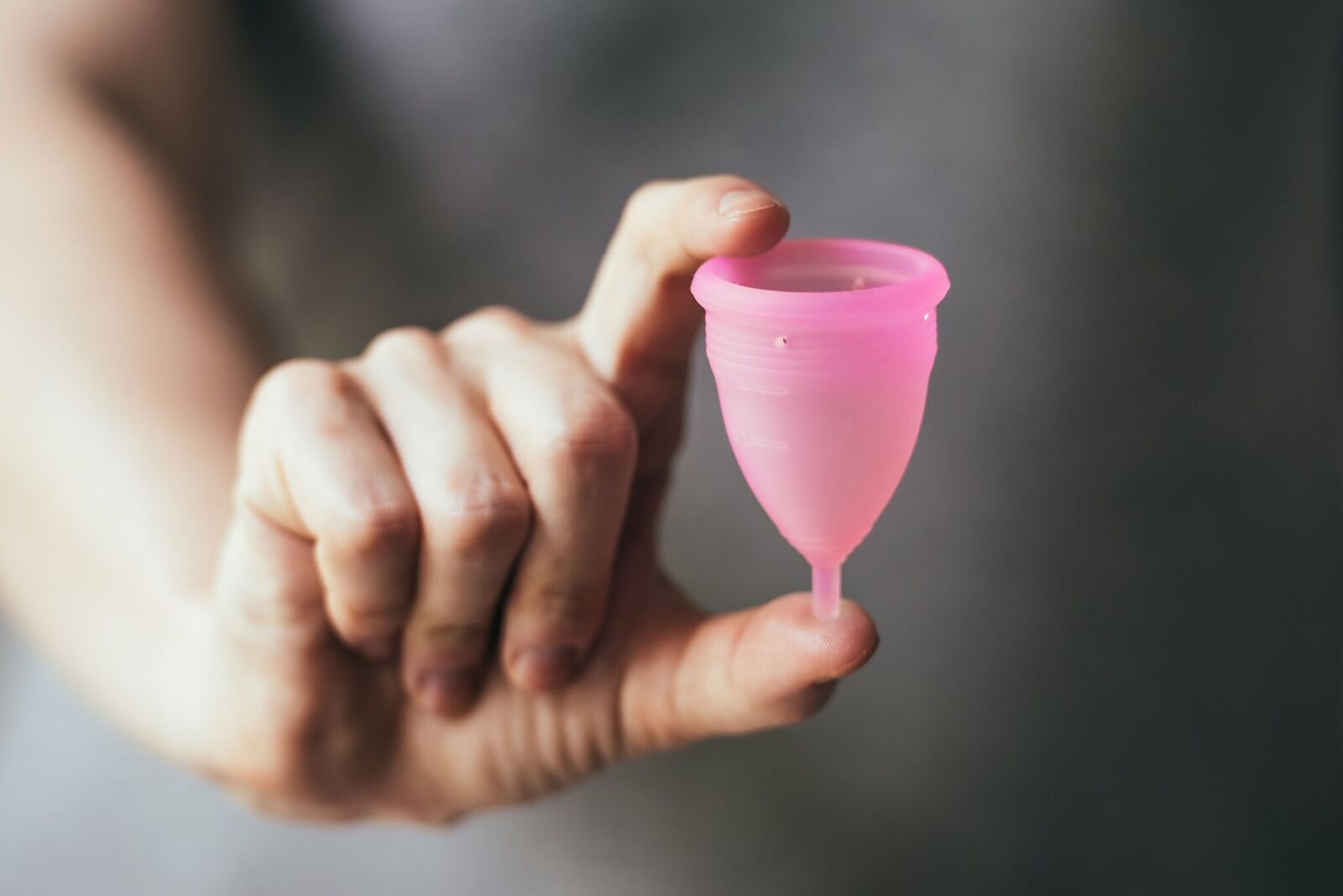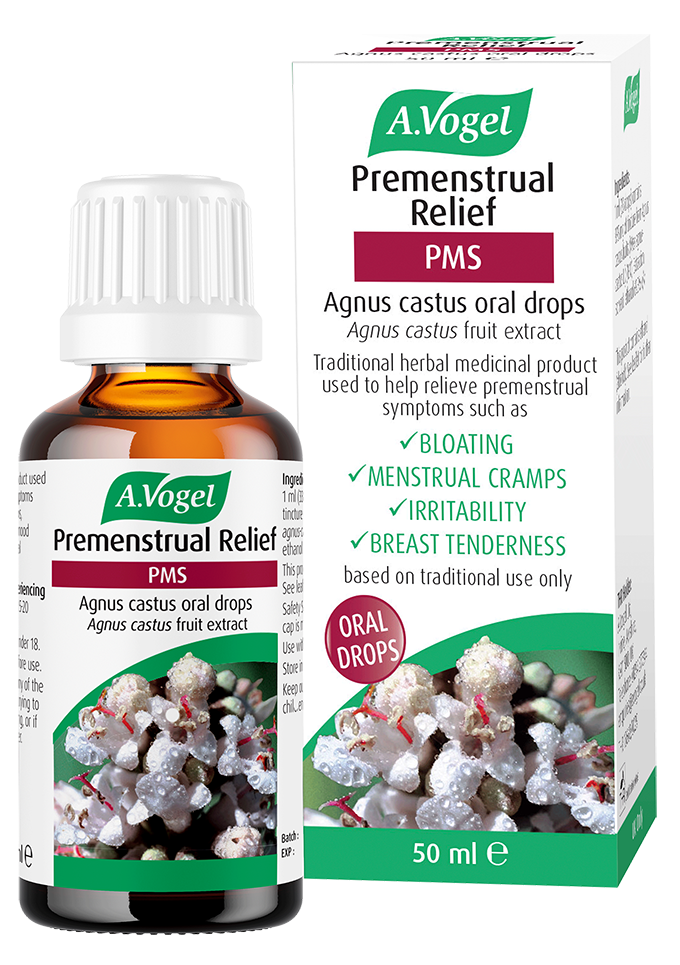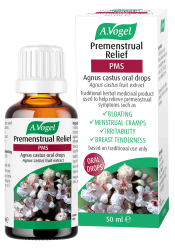Sanitary products and the environment
When it comes to choosing sanitary products, most of us tend to stick to the same type each month without questioning what else is available. After all, it’s easy to nip to the supermarket for our usual brand of tampons or pads rather than investigating what else is available. According to the Women’s Environmental Network, women in the UK will use over 11,000 disposable menstrual products in their lifetime.1
Of all the sanitary products out there, pads and tampons are used most often, perhaps because they offer so much choice in terms of size and absorbency. However, these products also do the most damage to the environment, partly because of what they’re made from, and partly because of how they are disposed of after use.
According to an organization called City to Sea, the average menstrual pad contains as much as four plastic bags - that means they are 90% plastic!2 Plus, every day in the UK 1.4 million of them get flushed down the loo, along with 2.5 million tampons.3 This waste ends up in seas, landfill, beaches and rivers and causes havoc for the environment and nature around us.
So, what environmentally friendly menstrual products are available as an alternative to these?

Re-useable pads
If you’ve used the same sanitary product for years without change then the prospect of suddenly switching to something environmentally friendly may make you feel a little nervous. However, that’s where re-useable pads come in useful!
What are they?
These are very like regular pads in that they come in a variety of shapes and sizes, from thin panty liners to thick pads for night time use. The main difference however, is that these pads are made from naturally absorbent materials such as cotton and bamboo rather than the synthetics and plastics found in regular sanitary towels. This soft material makes them super comfy for day-to-day wear.4
How does it help the environment?
As the name suggests, these re-useable pads do not have to put in the bin straight after use and can instead be washed and re-used multiple times.
Other benefits:
These pads come in a variety of colours and patterns which keeps staining to a minimum. Also, with none of the chemical fragrances that you often find in sanitary pads, they are less likely to cause irritation or itching.
Down side:
You’ll have to switch to another sanitary product if you want to do any sports like swimming.
Top tip:
Rinse your pad with cold water immediately after use because hot water helps blood stains set. After that just stick them in the washing machine ready for the next time you use them.

Period pants
Some women may be a little skeptical about period pants, worrying they will feel bulky or that they will leak. However, most are only about 3mm thick and are made from highly absorbable materials so you needn’t worry!
What are they?
These are very like regular pants only they have a thin lining which can hold 20ml of blood (two tampons worth). You can wear them as you go about your day-to-day life plus, depending on your flow they do not need to be changed at regular intervals as pads and tampons do.
How does it help the environment?
Like re-useable pads these can be washed time and time again, plus they do not contain the harmful plastics that are found in tampons and regular sanitary towels.
Other benefits:
Period pants come with a range of different absorbency levels, from very light to ones suitable for heavy flows and overnight use. Also, these come in many different styles including lacy and comfy, classic briefs!
Down side:
You’ll have to have a selection of period pants to see you through your period – most women who use these have about fifteen to twenty, depending on how often they do their washing!
Top tip:
You can wash these with the rest of your clothes but if you are out and about just put them in a bag until you get to a washing machine. Also, these are super comfy so are a great option for exercise classes and trips to the gym.

Menstrual cups
These have received a lot of attention recently because they are less damaging for the environment than more traditional products used during menstruation.
What are they?
A menstrual cup is an internal sanitary product that is made from medical grade silicon, latex or TPE. It comes in various sizes and sits in the vagina where it collects the menstrual flow rather than absorbing it as tampons do. This means it accommodates a whole range of flows, plus it can be used throughout your period, including during the night and when doing sporting activities.
How does it help the environment?
These are environmentally friendly in that they can be used for several years – some would say up to ten years - just empty and rinse it after use then reinsert.
Other benefits:
Unlike tampons, menstrual cups come with no risk of Toxic Shock Syndrome. In fact, depending on your flow, most menstrual cups only need to be emptied twice a day. This means you can do it when you get home rather than worrying about it when you are out.
Also, as one menstrual cup can last up to a decade, it’s a lot cheaper than purchasing disposable sanitary products every month!
Down side:
At first menstrual cups can be a little tricky to use as they can be hard to insert and it may feel a little strange to have something wedged inside you. So, if you want to give this a go please be aware that it might require a little perseverance!
Top tip:
To ensure your menstrual cup is as clean as it can be I’d recommend sterilizing it in between your periods. To do this you simply put it in boiling water for a few minutes.

Re-useable tampons
If you are used to wearing tampons then it’ll be easy to switch to re-useable ones!
What are they?
Re-useable tampons work the same as regular tampons but are washable and are made from materials other than plastic such as organic cotton.
How does it help the environment?
Cotton is more biodegradable than the materials used in other tampons plus, because these ones can be used over and over again, you will not produce as much waste as you would with a regular tampon.
Other benefits:
These tampons are gentle on the body and are pretty easy to get in and out.
Down side:
If you choose cotton tampons you’ll have to get used to washing the blood out of them regularly. Also, some of the cheapest cotton tampons are not strong enough for women with a heavy flow.
Top tip:
After they’ve been washed, cotton tampons can feel a little dry so work them with your hands a little to soften them up.

Natural sanitary pads and tampons
Online and in many large health food stores you can find organic and natural feminine hygiene products.
What are they?
These are much the same as your high street brand of pads and tampons only they are made from biodegradable and compostable materials.
How does it help the environment?
Natural sanitary pads and tampons are typically made from organic cotton and are free from bleach, parabens, chemical additives, latex and plastic. This means they are biodegradable and so are much kinder to the environment than regular pads.
Other benefits:
These are usually free from fragrance and dyes so are less likely to cause irritation than other pads. This means it’s a great option for women who have sensitive skin.
Down side:
With so many different, natural sanitary products available in a range of absorbencies and sizes, it’s hard to find fault with them!

Menstrual disc
This menstrual product has recently grown in popularity for a variety of reasons.
What are they?
A menstrual disc is an internal menstrual product that sits just past the vaginal canal and catches flow rather than absorbing it as tampons do. It can last up to 12 hours in place and so you will need fewer of them than pads or tampons, plus you won’t have to worry about changing it when you are out. Some menstrual discs can hold up to six teaspoons of blood – that’s the equivalent of 5 tampons!
How does it help the environment?
These produce less waste than tampons - some brands say up to 60% less. This is because they use fewer materials than tampons and because women need to use less of them during their period.
Other benefits:
These are not linked to Toxic Shock Syndrome, a serious condition that can come about when tampons are used for too long.
Down side:
Unfortunately this product isn’t re-useable so you’ll have to buy a new box each month. Also, like the menstrual cup they can be challenging to use first time round.
Top tip:
Until you get used to wearing the menstrual disc, many women have to wear a panty liner just in case of leaks. Also, until you get used to wearing the disc it may be best to try it out when your flow is fairly light.

Additional help
With all these options available, it is definitely possible for women to have an environmentally friendly period!
This blog should have given you some information on what’s available so that you are able to choose the best one for yourself.
However, alongside choosing the right sanitary product for yourself, it’s also important that you are able to manage your period symptoms. Here at A.Vogel we have arrange of herbal remedies that could help including Agnus Castus.
This is made from the berries of the Agnus Castus plant and can be used to address symptoms including mood swings, menstrual cramps, bloating and irritability.
1 https://www.wen.org.uk/about-environmenstrual-campagin/
2 https://www.citytosea.org.uk/about-page/plastic-pollution/menstrual-products-choice/






 Looking for our products in a store near you?
Looking for our products in a store near you?

